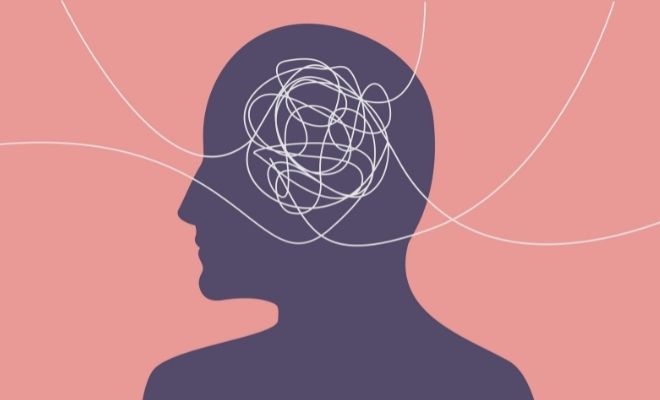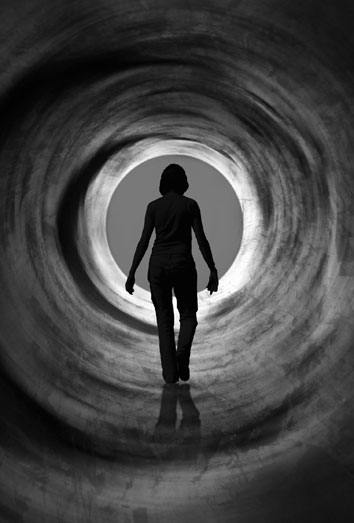A lot of controversy has been generated and continues to be generated about anxiolytics What if they are prescribed without supervision, if they are too dangerous, if they don’t really work to treat anxiety… This raises many questions and one of them is how long do anxiolytics take to take effect. This question is followed by many more, such as its degree of addiction, its effectiveness against anxiety and withdrawal symptoms. We try to clarify all doubts about anxiety drugs.

The immediate effect of anxiolytics
Anxiolytics or benzodiazepines are the drugs that are recommended in the first place to treat an anxiety problem. Antidepressants are also prescribed for anxiety, usually when it is a long-term problem. But let’s go with the dreaded anxiolytics. If you are wondering how long they take to take effect, we can assure you that the effect of anxiolytics is immediate.
Forks. It only takes a few minutes after taking this almost miraculous pill to notice how anguish is reduced, muscle tension disappears, you feel light as if life were taking you by the wind and you feel very, very relaxed, so much so that you can reach to fall asleep without a doubt, it is an almost magical effect that is most useful when you notice them.
There you have the miraculous remedy to suddenly stop an episode as tremendous as a panic attack. But that feeling of well-being and that you are finally safe is accompanied by other effects, also immediate, such as drowsiness, motor difficulties or a certain feeling of dizziness.
In any case, the effect of anxiolytics is immediate. Unlike, which will take at least two weeks to notice the improvement? And as you can imagine, something so immediate cannot even come close to solving your anxiety problem.
The risks of anxiolytics
We do not want you to have the impression that anxiolytics are useless against anxiety. As we say, it is a very effective resource for specific moments of anxiety, anguish or panic. But they are not recommended as a long-term anxiety treatment. Because? Because anxiolytics do not treat anxiety, but its. And because to treat anxiety only psychological therapy will take a while.
Meanwhile, and to get out of the crisis, you can take anxiolytics. But be careful not to take them for more than two weeks at a time. Because these drugs have a high degree of addiction and dependency. As stated in the doctoral thesis (Abusive consumption of psychotropic drugs among the population that goes to an emergency service) for the University of Alkali, “the withdrawal syndrome will be more serious depending on the amount of time that the substance has been consumed and the doses in which it was taken”.
And when you want to realize it, you won’t be able to leave the house without your magic pill. Beyond the problems to stop because you can’t stop them suddenly, we find ourselves with another risk of anxiolytics.
It is about the cornification of anxiety. It is paradoxical that a medication that is recommended to treat anxiety, in the end it produces more anxiety. But so it is with anxiolytics. Your body gets used to ignoring anxiety with pills, but it will need more and more pills. There comes a time when the side effects of these drugs become apparent in all areas of your life and that is when you think about stopping them.
But when you try to leave them, you find that your anxiety worsens. That the symptoms come back and come back with more intensity. What to do then? You have no choice but to take the anxiolytics again. Doesn’t it seem like a vicious circle? Therein lays the greatest risk of anxiolytics.
If your doctor prescribes anxiolytics for anxiety, remember not to take them for more than two weeks at a time. What will really help you overcome, but you don’t have to throw away the pills. Reserve them for specific moments that get you out of that anxiety crisis.






